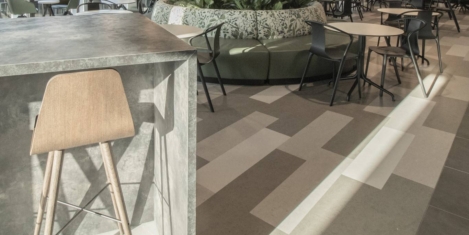August 6, 2019
Stress most prevalent among health and social workers
 Health and social care are the most stressful industries to work in, according to an analysis by The Office Group (TOG), which claims that health and social workers tend to work longer hours and report more cases of work-related stress, depression and anxiety than staff in other sectors. TOG calculated an overall stress score for 12 industries across the UK, using public data on the number of self-reported cases; average full-time hours; number of days lost to self-reported cases; and the likelihood of future automation. A recent report from the CIPD also highlighted how stress is now a fact of life for most workers. More →
Health and social care are the most stressful industries to work in, according to an analysis by The Office Group (TOG), which claims that health and social workers tend to work longer hours and report more cases of work-related stress, depression and anxiety than staff in other sectors. TOG calculated an overall stress score for 12 industries across the UK, using public data on the number of self-reported cases; average full-time hours; number of days lost to self-reported cases; and the likelihood of future automation. A recent report from the CIPD also highlighted how stress is now a fact of life for most workers. More →









 With studies claiming almost as many women with children (74.1 percent) participated in the labour force as women without, in 2014, women who are juggling careers and motherhood benefit from flexibility at work the most. Recent research claims women account for 40 percent or more of the total labour force in several countries, making flexible working hours, extended
With studies claiming almost as many women with children (74.1 percent) participated in the labour force as women without, in 2014, women who are juggling careers and motherhood benefit from flexibility at work the most. Recent research claims women account for 40 percent or more of the total labour force in several countries, making flexible working hours, extended 


 One in five dads says their working schedule means they are missing out on seeing their children growing up, claims
One in five dads says their working schedule means they are missing out on seeing their children growing up, claims 



















July 29, 2019
The tipping point for flexible working arrives
by James Geekie • Comment, Flexible working, Workplace design